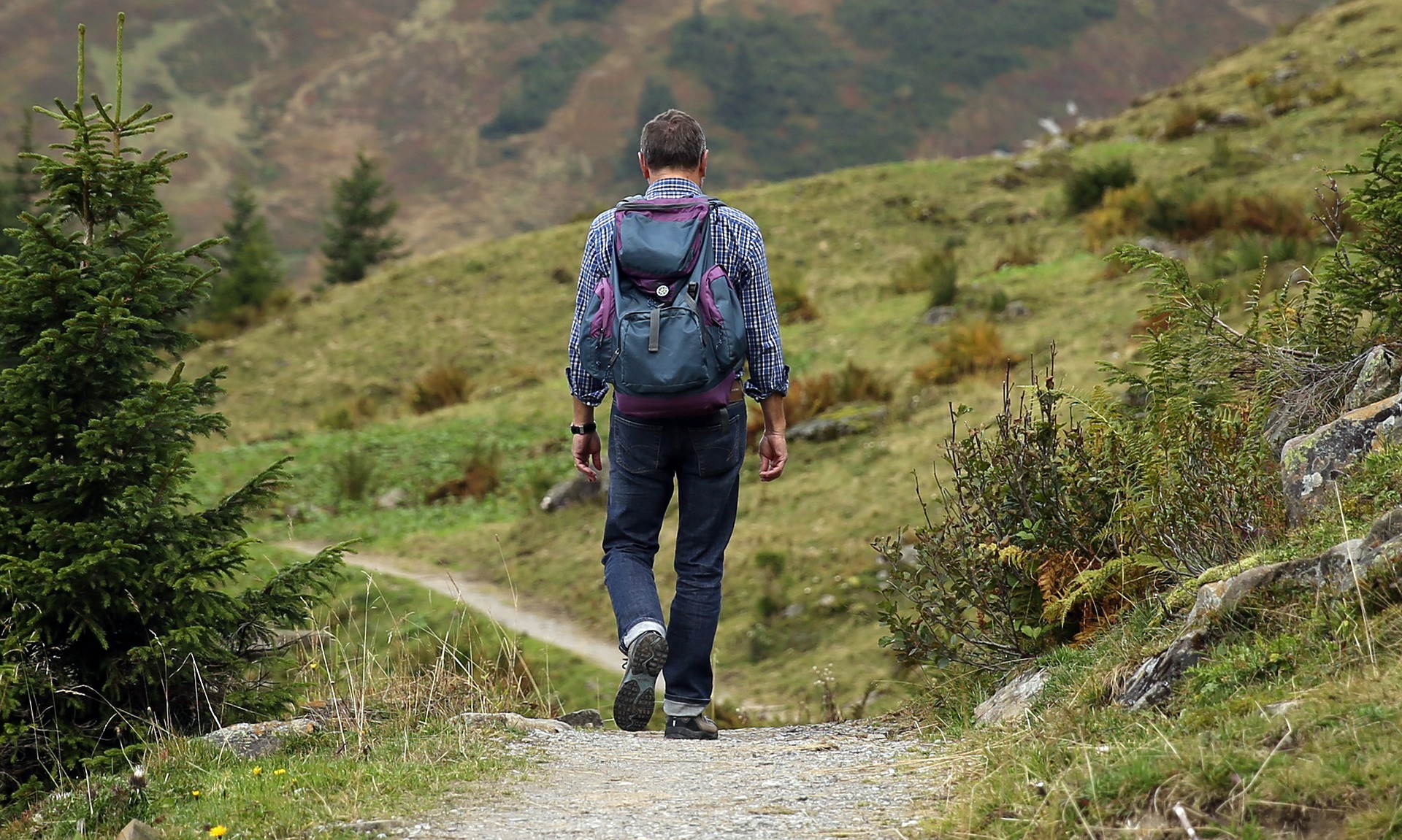No matter where you’re hiking, you need to be prepared. You could be on a leisurely stroll through your neighbourhood, or hiking up some of the most prestigious canyons in Utah; you still need a level of preparation. Some of the things you may require is stable footwear, breathable clothes and a tour guide if the hike is particularly tricky, such as those at Dreamland Tours. However, the essentials are obviously food and water to ensure you don’t dehydrate and to keep energy levels up to fuel your hike.
First and foremost you should make sure you are adequately hydrated before, during and after any hiking. You should drink at least four cups of water prior to hitting the trail, according to Naomi Billups, public health nutrition manager for the County of San Diego’s Health and Human Services Agency, but taking a rucksack with extra water for the journey is very sensible too. If you are looking for a waterproof backpack for any travels ahead, check out a site like Arkadia Supply for information on the best products for the job.
“Making sure you have enough water prior to setting out on your hike is essential to getting off on the right foot,” said Billups. “Staying hydrated throughout your hike is equally important.”
You’ll want to make sure you have adequate water packed. For easier hikes, you should plan on approximately one-half liter of water per hour. For more strenuous hikes or in warmer conditions, you should up that to one liter per hour. Those are general guidelines that you should adjust according to personal experience.
Don’t assume you will be able to find safe sources of drinking water along the hike, Billups said, or even at the trailhead.
You’ll also want to make sure you’re properly fueled up for your treks. The key to properly preparing and recovering from a hike is a three-part approach, according to Billups.
Before a hike
You’ll want to eat a combination of complex carbohydrate and lean protein one to three hours before. Definitely do not go hiking on an empty stomach. It may also be in your best interest to take a protein snack with you on your walk to give you an extra burst of energy when you need it. You can do this in the form of a protein brownie to feel this type of benefit.
Some great nutritious snacks that fit the needed mix of carbs and protein include:
- Peanut butter and banana sandwich on whole wheat bread
- Greek yogurt and fruit
- An apple and peanut butter
- A handful of nuts and raisins
During a hike
For shorter hikes, make sure you bring a few snacks and plenty of water, as mentioned previously. Things like trail mix, granola or energy bars, dried fruits or vegetables or packs of nuts are all easy to carry and fit the nutrition bill.
For longer hikes – especially ones that overlap meal times – you’ll need a more robust supply of food and snacks.
“It’s tough to keep hot foods hot on a hike,” said Billups. “So stick to cold food or non-perishables whenever possible.
“Non-perishable foods are the easiest because you don’t have to worry about keeping them cold or hot.”
A great way to keep food cold is to freeze it overnight then pack it before you leave and it should be defrosted by the time you’re ready to eat it on your hike. You can also pack your food with frozen bottled water or frozen gel-packs.
Suggestions include:
- Beef jerky or other dried meats
- Canned tuna (with the pop-off tops)
- Whole grain crackers
- Nuts or dried fruit
You can also pack easy-to-eat fruits such as apples and oranges.
After the hike
When you’ve completed the hike, it’s important to help your body adequately recover.
“Besides rehydrating with plenty of water, you’ll also want to replenish the nutrients you lost during the hike,” Billups said.
Ideally, you should eat high-quality proteins or complex carbohydrates within an hour of finishing.
Tasty ways to refuel your body:
- An 8-ounce smoothie made from Greek yogurt and fresh fruit
- String cheese with whole grain pretzels or crackers
- Turkey on a whole grain wrap with veggies
- Yogurt with berries
Finally, a quick earth-friendly tip: repackage the food for your hike in reusable containers to help eliminate trash along the trail. That also reduces the weight you have to carry around and makes the food more flexible for packing.
Source: http://www.countynewscenter.com/fueling-up-before-during-and-after-hiking/





